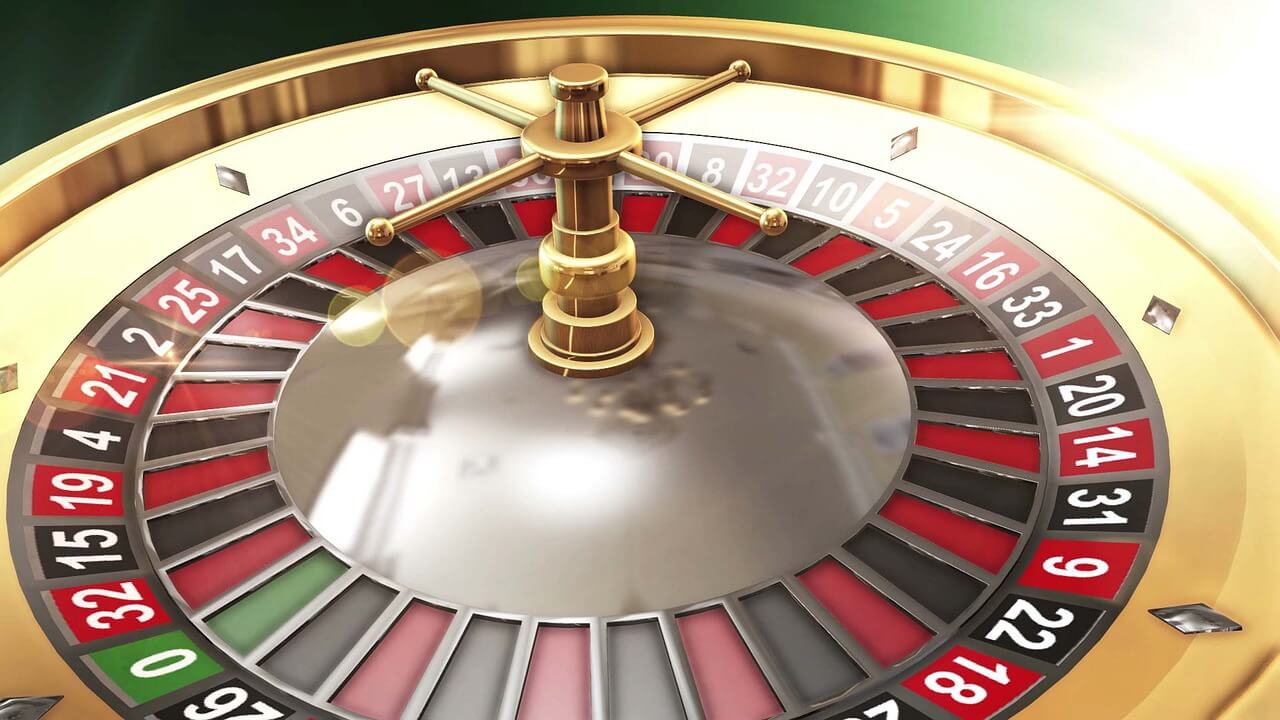Gambling slots machines have captivated gamblers for decades, pulling them into a realm of blinking lights, enticing sounds, and the excitement of chance. These devices, commonly found in colorful gaming venues, combine aspects of chance and strategy, making them an attractive option for beginners and seasoned gamblers alike. But what is it that makes these games so attractive? The answer lies in the complex psychology at play as players engage with these vivid reels.
Whether it’s the wave of excitement while waiting for the outcome of a spin or the thrilling feeling of a large win, the emotional response elicited by casino slots is significant. The crafting of these games is carefully designed to activate the brain’s reward system, creating an experience that can be both exciting and compulsive. Understanding the psychological factors behind engaging with casino slots games can provide understanding into the reasons so many individuals are attracted to them and how they affect behavior and decision-making in the gaming environment.

Understanding the Attraction of Slot Machines
Slot machines have a distinct ability to captivate players with their colorful visuals and enticing sounds. The shiny lights and enthralling themes create an inviting atmosphere that draws people in. Each spin of the reels holds the chance of a huge win, igniting a sense of excitement and expectation that keeps players revisiting for more. This sensuous experience plays a vital role in the attraction to casino slots games, as it arouses not only the mind but also the senses.
A significant factor adding to the allure of slot machines is the notion of immediate gratification. In contrast to other casino games that necessitate skill or strategy, slots offer instant results with each spin. The quick pace of the game allows for prompt engagement, enabling players to experience the thrill of winning or the letdown of losing in a matter of seconds. This rapid feedback loop can lead to a profoundly compulsive experience, as players pursue the next possible payout while being entranced by the game’s constant opportunity for thrill.
Furthermore, the mentality of jackpot prospect cannot be ignored. The allure of hitting a life-changing payout keeps players returning, frequently outweighing the odds against winning. Many players find themselves fantasizing about the potential of striking it rich, fueled by stories of players who have won large. This sense of optimism, together with the rush of the game, creates an unavoidable lure that shapes the world of casino slots and makes them a beloved among bettors.
The Role of Reinforcement in Gambling
Reinforcement plays a vital role in the psychology of engaging with casino slots games. BL555 When players participate with these machines, they face various forms of reinforcement that can shape their behavior. Positive rewards is particularly powerful; obtaining a win, or even the possibility of winning, can create a thrill that keeps players coming back for more. The immediate feedback from the reels rotating, coupled with audio cues and graphics, further enhances this rewarding experience, reinforcing the urge to continue playing.
The randomness of winning in casino slots games also ties into the concept of intermittent reinforcement. This psychological phenomenon happens when payouts are given out at irregular intervals, making the anticipation of a potential win more exhilarating. Players may go for long periods without significant wins but are drawn back by recollections of past jackpots or the chance of future ones. This variability heightens excitement and keeps players anticipating for that upcoming win, embedding them deeper into the betting cycle.
Finally, the social aspect of playing casino slots games can amplify reinforcement. Numerous participants enjoy the shared environment of a casino, where they might observe others achieving victories, share successes, or even sympathize over losses. This communal support can create a collective experience that encourages ongoing engagement. Players might feel motivated to continue not only for individual benefits but also to experience the fellowship that comes with gambling, reinforcing their overall attachment to the game.
A Impact of Game Design on Gamer Actions
Design of slot machines plays a vital role in shaping how players act and enhancing the overall gameplay experience. Features such as visuals, sound effects, and storylines are intentionally crafted to attract players and keep them engaged. Vivid hues and inviting animations create a aesthetically stimulating environment that can lead to extended play times. Additionally, themes ranging from historical eras to modern trends cater to different interests, making the games appealing to a wide audience. This targeted design promotes players to invest more hours and finances into the gameplay.
Another important aspect of slot design is the implementation of rewards systems and elements like extra rounds or free spins. These mechanics are crafted to produce a sense of thrill and anticipation, which can induce the production of dopamine in the brain. This chemical reaction reinforces the behavior of playing by linking the game with enjoyable feelings. By offering enticing rewards, casinos encourage players to keep playing, which often leads to higher betting and extended gameplay. The mental thrill of potentially hitting a big win or unlocking a special feature keeps players coming back for more.
Finally, the social elements integrated into casino slots can also affect player behavior. Many modern slots include options that allow players to connect with others through rankings or collective goals. This social aspect can enhance the overall experience, as players may feel a sense of belonging or rivalry that motivates them to participate more fully. The combination of personal thrill and group dynamics creates a dynamic environment that not only amuses but also encourages habitual play, further illustrating how thoughtful game design can greatly impact player behavior.
